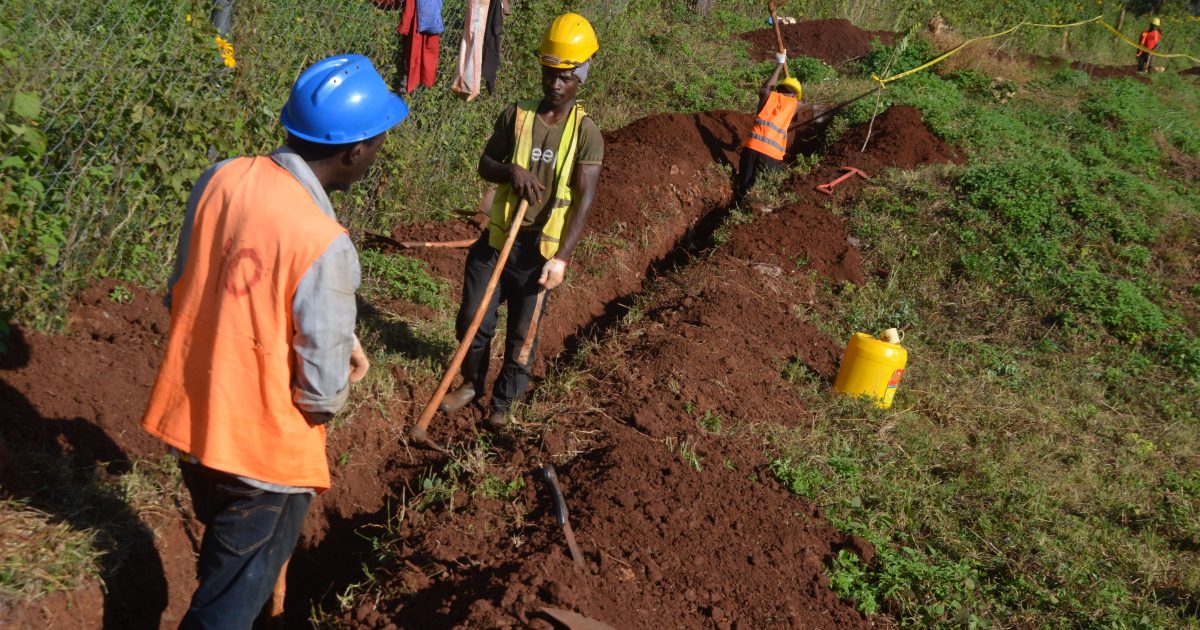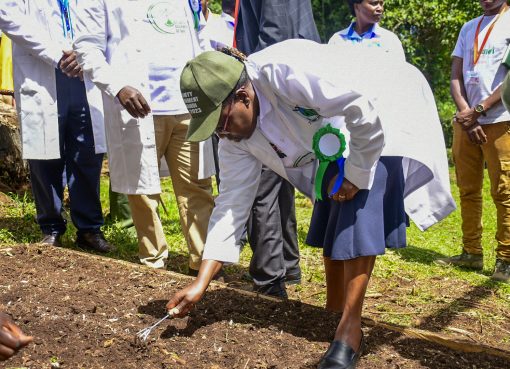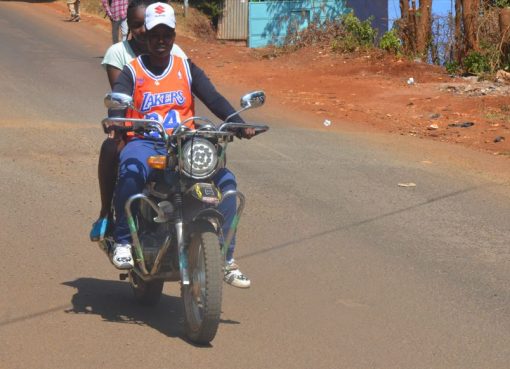Residents of Kabati and Kenol towns in Murang’a have expressed optimism that the power transition in the country will not affect the ongoing construction of a sewerage system meant to serve the two fastest growing towns.
The over Sh689million project is funded by the Africa Development bank(ADB) and is being implemented by the government through the Athi Water Works development Agency (AWDA) started in 2020 but was delayed due to a land tussle between the government and the Delmonte company limited.
Reuben Kamau, a business man hopes that after the Supreme Court settles the presidential dispute the next regime will continue and finish up the sewerage system project.
“This town is growing fast and for a long time lack of a sewerage system has hindered even potential investors especially in the construction industry.
“Business too has been affected due to raw sewage exposure that often spills on the road and on business premises especially during the rainy season,” lamented Kamau
Moreover, it is a health hazard and we are delighted to see construction of the sewer system is progressing and we hope it will not stop even when the next government takes over,” he added
The multimillion project is aims at improving sanitation in Kenol and Kabati towns.
Catherine Muriu another resident divulged that her 10-year-old child has been falling ill often due to water borne diseases as a result of the poor sanitation in the town area.
“The sprawling waste is a health menace especially to school children who often play in littered areas, as such my child is taken ill often with diarrhea and vomiting” she lamented
“Seeing the trenches for the sewerage system being laid up, it gives me hope that diseases that are affecting our children will be a thing of the past once the project is completed,” she further added
Muriu asked the next administration to ensure that the construction and installation of the sewerage system is done within the anticipated timelines.
The project will also consist of installation of a 17 kilometer trunk sewer pipelines and 15.5 kilometer pipes of reticulation sewers which will be connected to more than 1, 000 households from the towns which currently rely on septic tanks.
By Florence Kinyua





